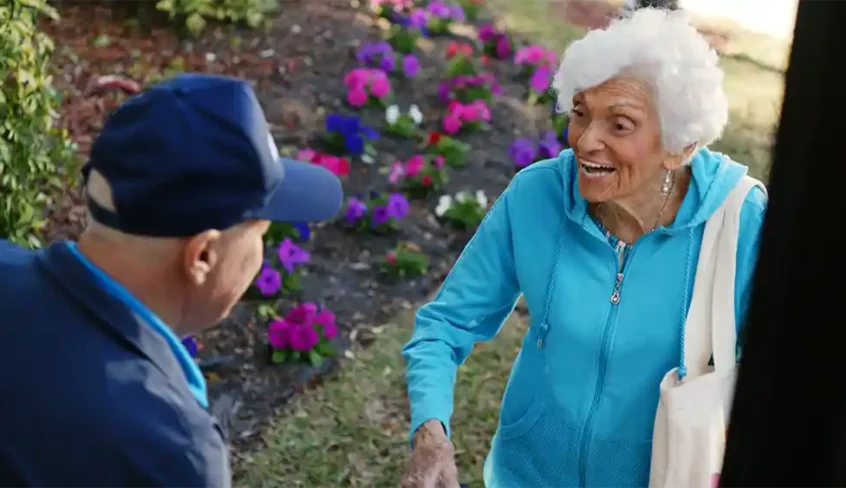If you notice a senior family member showing signs of memory loss, you may also witness their attempts to cover up those symptoms. It can be very scary for a senior to be faced with a potential diagnosis of Alzheimer’s or another type of dementia. However, early intervention is important. Some treatments can help delay the progression of dementia symptoms if it is detected early.
Why do seniors try to hide memory loss and other signs of Alzheimer?
Here are a few of the reasons and what you can do about it.
Why Seniors Hide Dementia Symptoms
The primary reason seniors try to cover up their symptoms of dementia is fear.
Many types of fear keep an older adult from seeking help.
Seniors are afraid that they will lose their independence if they are diagnosed with progressive memory loss. If your senior loved one lives alone and still drives a car, he or she may also worry that their freedom to come and go will be taken away. And many fear they will be forced to leave the comfort and privacy of their own home.
How Seniors Hide Their Dementia Symptoms
Seniors often attempt to cover up their memory loss not realizing it is becoming more obvious to others as time goes on. The older adult may believe that if they come up with excuses for their memory lapses, they might be able to convince others that all is well.
If you suspect your senior family member has memory loss, other symptoms and behaviors can also be warning signs:
- Lack of interest in activities. Be aware that when a loved one stops engaging in activities he or she has always enjoyed, something might be amiss. When memory loss enters the picture, a senior may begin to withdraw from their normal routine. This includes hobbies and other activities. As seniors experience memory loss, they may eventually lose the ability to participate in activities that they once found easy and entertaining.
- Denial. It is difficult for anyone to admit having a problem, let alone progressive memory loss. Your loved one may start having what they call “senior moments” that increase in frequency and intensity. By trying to pass these memory lapses off as something unimportant, it could be a sign that the senior wants to protect himself or herself from what could be a frightening diagnosis.
- Refusing help. For seniors with early onset dementia, they may be reluctant to ask for help because they don’t want to let on that anything is wrong. Rather than ask for help with tasks, seniors may struggle to do routine duties themselves. Again, this may be due to their fear of losing their independence. The senior may feel if they are “outed,” they will have to move out of their home and in with a family member or to an assisted living community.
On the other hand, it is sometimes the spouse of the person with dementia who is covering up the symptoms. They do so in an effort to protect a spouse. The partner may resort to completing tasks or finishing sentences for them.
It may help to speak with your both of your parents to see if you can paint a true picture of what is truly happening in their lives.
Support for Adults with Dementia
If the time comes for you to consider memory care options for your senior loved one, we can help. Find a Five Star Senior Living community near you to learn more.

